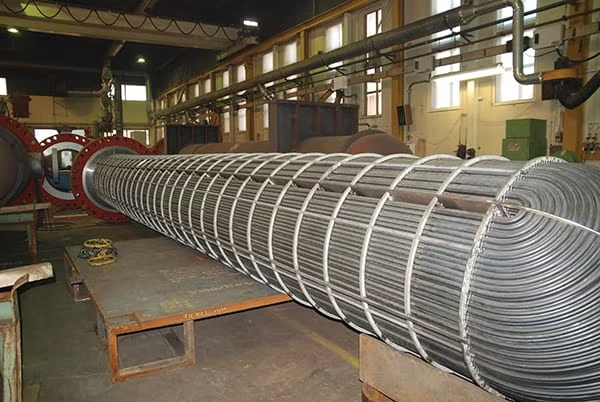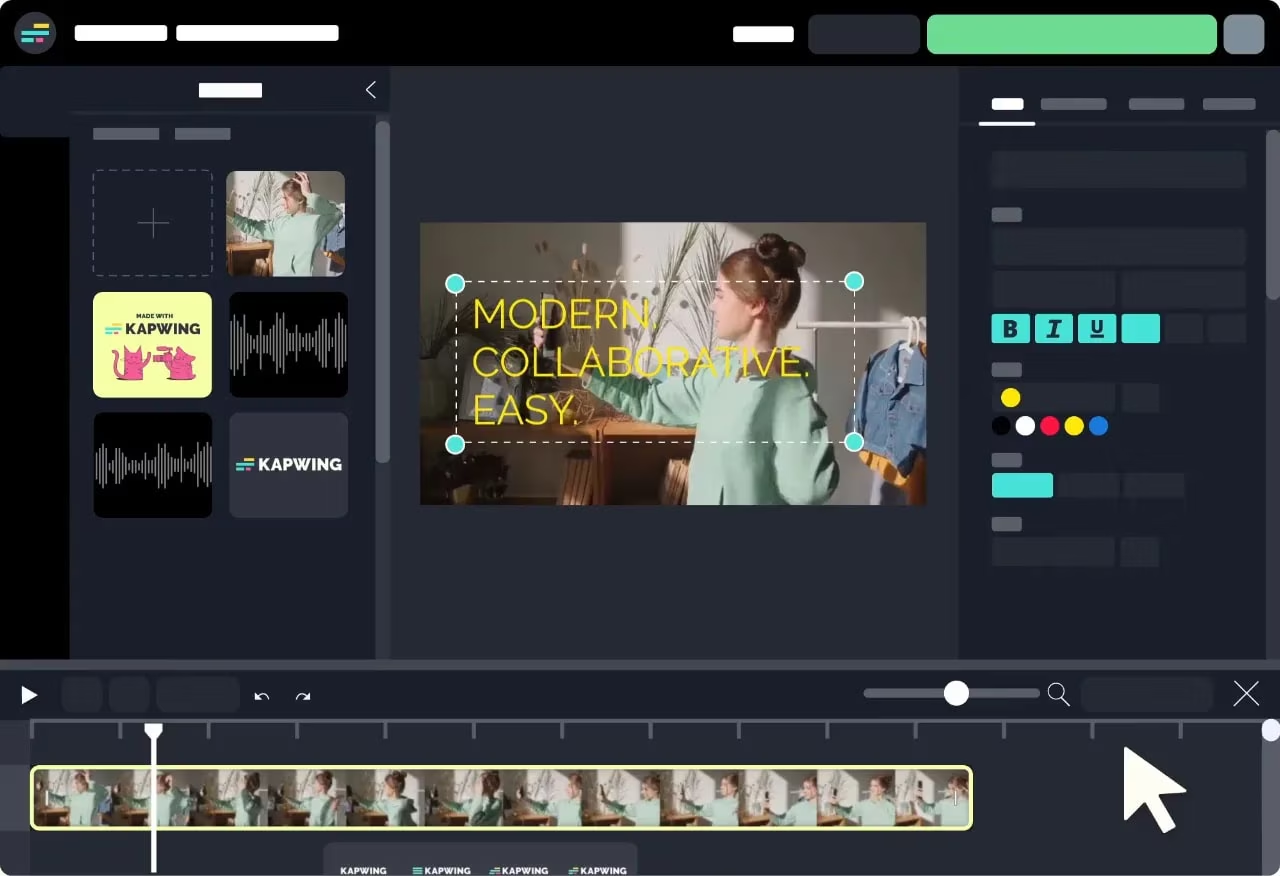Do you know what a VHS tape is? If not, you’re not alone.
VHS tapes were once the most popular way to watch movies at home, but they were replaced by DVDs.
In this article, we’ll explore when did DVDs replace VHS, why it happened, and how it changed.
By the end, you’ll know how DVDs became the new favorite and what it meant for people around the world.
What Are VHS Tapes?
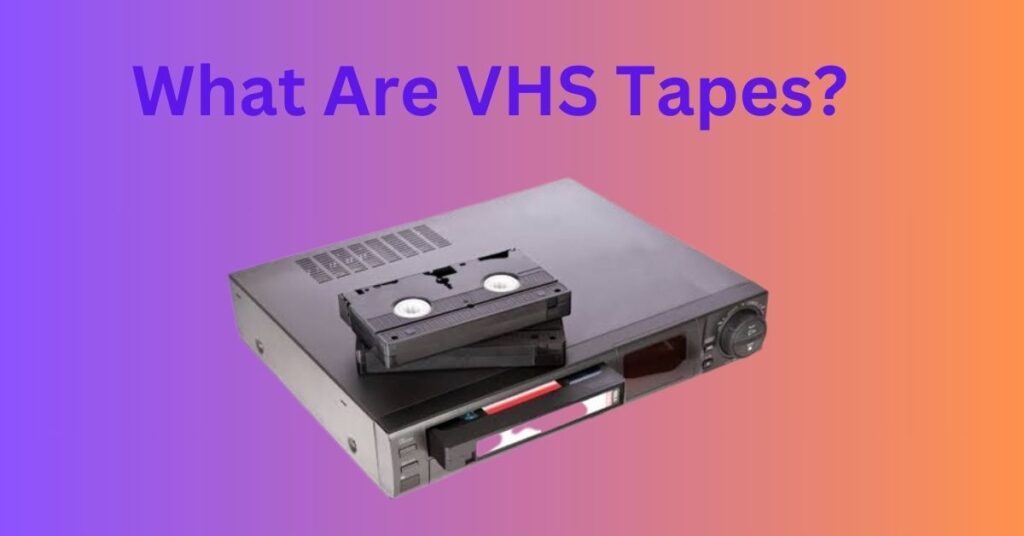
Before we talk about when DVDs replaced VHS, let’s understand what VHS tapes are.
VHS tapes were big, rectangular cassettes that held movies and TV shows.
To watch them, you needed a VCR (Video Cassette Recorder), which was a machine that played the tapes on your TV.
VHS tapes were popular from the late 1970s all the way through the 2000s.
They helped bring movies into people’s homes, so families could enjoy films without going to a theater.
Also Read: VHS Video Transfer to DVD
However, VHS tapes had a few problems. They could wear out, the quality wasn’t the best, and you had to rewind them after watching. This meant that people were looking for something better.
What Are DVDs and How Are They Different?
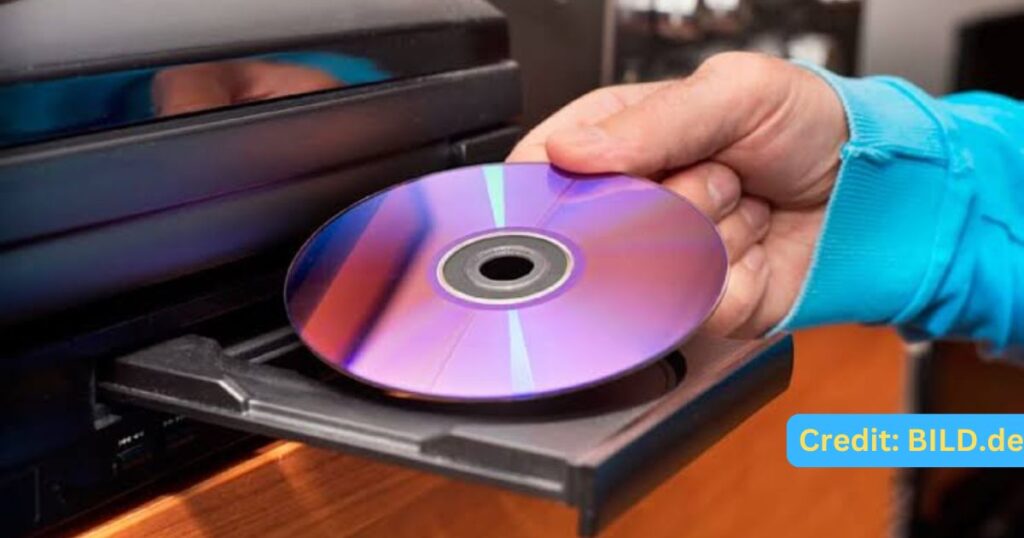
DVDs, or Digital Versatile Discs, were introduced in the late 1990s as a new way to watch movies at home.
DVDs are smaller and look like CDs. Unlike VHS tapes, DVDs are digital, which means they store information in a much clearer way.
Here are a few ways DVDs are different from VHS tapes:
- Better Picture and Sound Quality: DVDs offer much clearer images and sound.
- No Need to Rewind: Unlike VHS tapes, DVDs don’t need to be rewound.
- More Features: DVDs often come with extras like deleted scenes, subtitles, and interviews.
With all these advantages, it didn’t take long for DVDs to become popular and for people to start wondering when did DVDs replace VHS completely.
When Did DVDs Replace VHS?
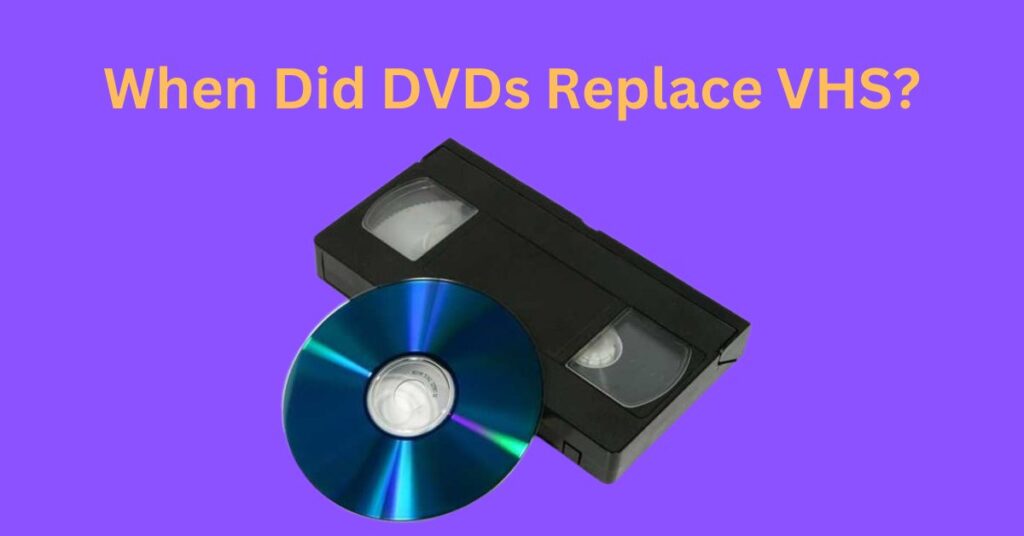
The big shift from VHS to DVD happened around the early 2000s. DVDs were first released in 1997, but it took a few years for them to catch on.
By 2003, DVDs were outselling VHS tapes in the United States and other parts of the world.
By 2006, major movie studios stopped releasing films on VHS and focused only on DVDs.
This marked the end of VHS as the main way to watch movies.
Also Read: Are There Companies Who Can Change DVD to Memory Stick?
So, to answer when did DVDs replace VHS, it was really between 2003 and 2006. During these years, DVDs became the primary way people watched movies, and VHS tapes slowly faded away.
Why Did DVDs Replace VHS?
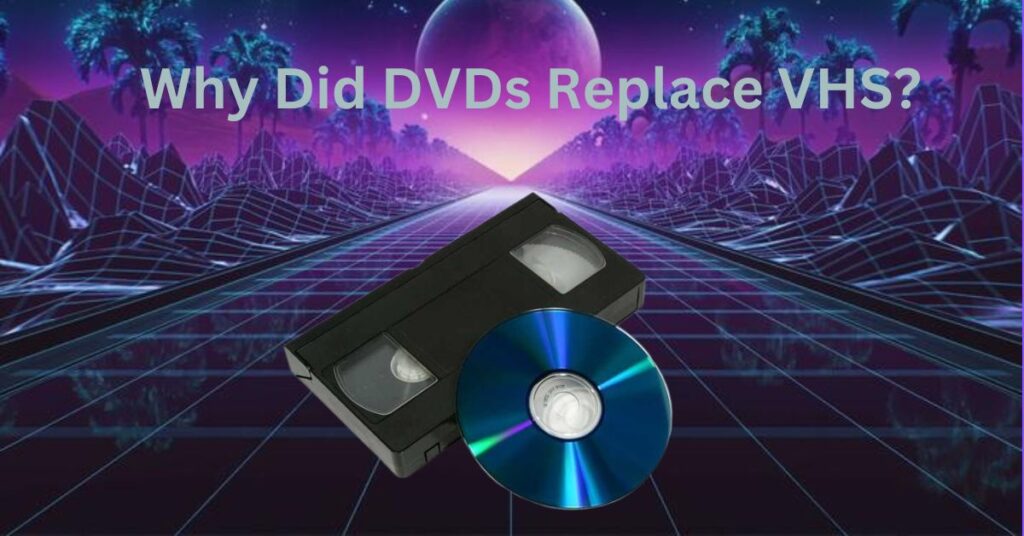
There are several reasons why DVDs replaced VHS as the main way to watch movies at home:
- Better Quality: DVDs offered clearer picture and sound, making movies feel more like the theater experience.
- More Convenient: DVDs were smaller and easier to store, and they didn’t need rewinding.
- Extra Features: Many DVDs included bonus content that VHS tapes didn’t have, like behind-the-scenes videos and director’s commentary.
- Longevity: DVDs don’t wear out as quickly as VHS tapes, making them a better choice for long-term use.
These benefits made DVDs more attractive to both movie lovers and casual viewers, leading to the quick replacement of VHS tapes.
The Impact of DVDs Replacing VHS
The shift from VHS to DVD changed the world of movies and home entertainment in big ways. Here are some of the effects:
- Better Home Viewing Experience: People enjoyed clearer, more enjoyable movie experiences at home.
- Easier Movie Collections: DVDs were smaller and could hold more data, so it was easier for people to collect and organize their favorite films.
- New Features for Viewers: The extra content on DVDs made movie-watching more interactive. People could choose scenes, view subtitles, and learn about the making of their favorite movies.
- End of VHS Rentals: Video rental stores, like Blockbuster, began switching from VHS tapes to DVDs. Eventually, stores stopped renting VHS tapes altogether, and many rental stores even went out of business when online streaming arrived.
Also Read: How to Convert DVDs to Memory Sticks: A Simple Guide
The impact of when did DVDs replace VHS didn’t just change movie collections—it also led to new technology and paved the way for Blu-ray discs and streaming services, which are even better.
What Happened to VHS Tapes?
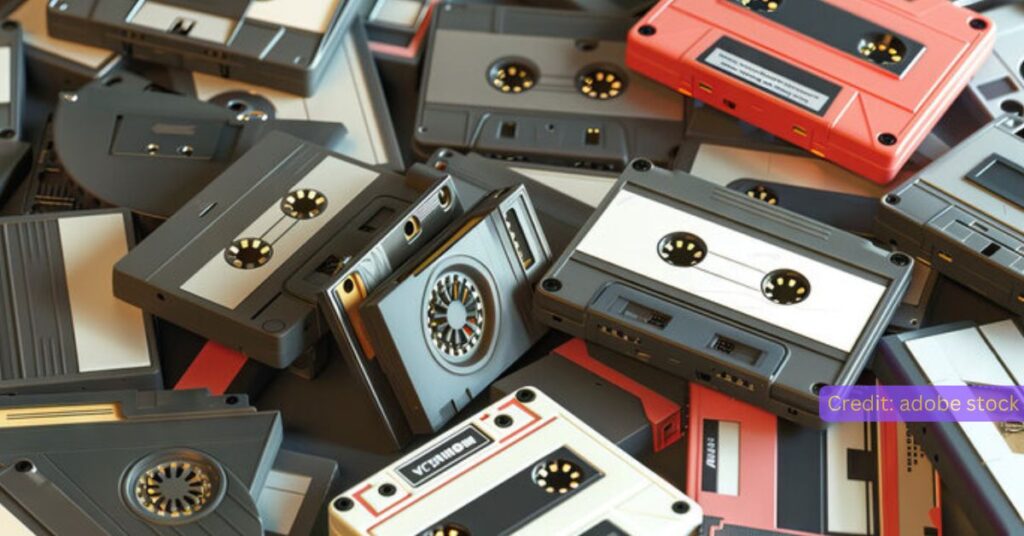
When DVDs replaced VHS, most people began donating, selling, or recycling their VHS tapes.
Some families kept a few of their favorite VHS tapes, and you might still find a VCR in someone’s home today.
However, VHS tapes became rare and were no longer produced by movie studios after 2006.
Interestingly, VHS tapes are now seen as “retro” and have become collectibles for some people.
Collectors look for rare VHS tapes, especially of old horror or sci-fi movies.
But, for the most part, DVDs completely took over, and VHS tapes are now a part of the past.
Final Thoughts on When DVDs Replaced VHS
So, when did DVDs replace VHS? The switch really happened between became the preferred choice for movies at home. This change brought better quality, more features, and easier access to movies, transforming home entertainment forever.







